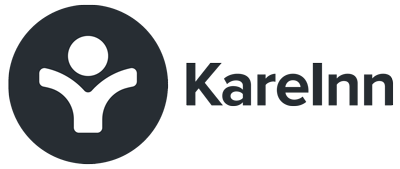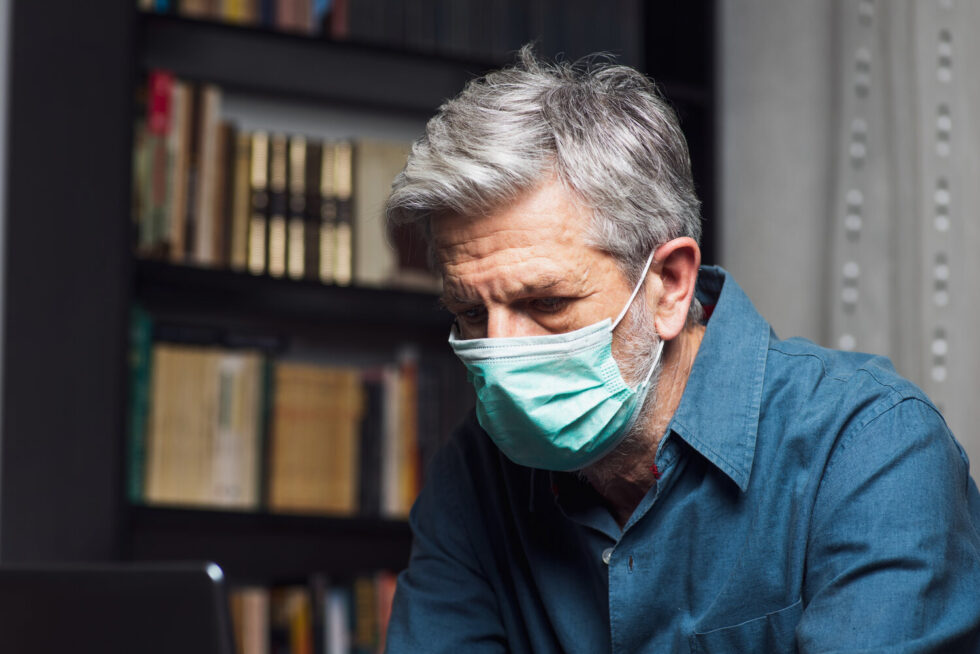The reported number of care home deaths, as well as being a national tragedy, has dealt a blow to confidence in the residential care market. There has been a 31% drop in the number of people who say they are likely to seek residential care for a relative, as a result of Covid-19. This number drops further (by 40%) for people over the age of 65 who see residential care for themselves.*
As we emerge from the lockdown, concerns turn to how Providers can reassure prospective residents and their families that their homes are safe environments. As well as having effective infection control measures in place, care homes will need to demonstrate that they are uniquely placed to look after the wellbeing and mental health of residents, should there be further restrictions on social contact.
REBUILDING CONFIDENCE AND TRUST THROUGH OPEN COMMUNICATION AND STRONG GOVERNANCE
Rebuilding trust will rely upon open communication and strong governance.
Family members have understandably been anxious to hear about the well-being of their relatives. The Resident and Relatives Association (R&RA) empathises that without adequate testing, many providers are unable to confidently state whether there are confirmed cases of COVID-19 within their care settings.
However, the R&RA goes on to recommend that this makes it more important than ever that there is a culture of clear, open, transparent and regular communications during the COVID-19 crisis between care providers and the families of their residents. Consideration should be given to the most appropriate form of communication depending on the sensitivity and nature of the update that needs to be shared, and family members’ preferred methods of communication.
A few weeks ago, when Spain was the epicentre of the global pandemic, a nurse in the hot-zone began relaying messages to worried relatives using her smartphone. ‘This may seem like a simple act, but it was incredibly important for mental health,’ says British Psychological Society’s Dr David Murphy. ‘Not only did the nurse reach out to the patients’ families, in doing so she also alleviated the psychological burden being carried by her fellow staff.’
The best communication tools take into account the way in which the family members wish to be communicated with, and provide flexibility for overstretched staff teams. Some portals will even use care notes for reporting Activities-of-Daily-Living to contribute to the richness of updates. This gives family members a unique window into the residents’ daily experiences. Homes using these portals see a reduction in the number of inbound calls from family members contributing to a more calm environment for residents and staff.
MANAGING FUTURE OUTBREAKS WITH THE SUPPORT OF TECHNOLOGY
Safeguarding staff and residents from future outbreaks will remain a number one priority. Digital solutions are a beacon of light in managing suspected outbreaks quickly and effectively.
At KareInn, our Infection control care plan identifies if there are suspected or confirmed cases of the virus and displays a summary view across the home within the management dashboard.
Messages with the latest COVID-19 safety and PPE guidance are pushed to each member of staff before they start their shift and crucial tracking of symptoms are easily identified and communicated at crucial times like handovers.
Contact tracing tools enable nurses and management to understand when and how the virus symptoms transpired and the locations and touchpoints that residents came in contact with, helping to prevent in-home outbreaks.
Whilst there is currently an amnesty with the CQC being very understanding of how compliance across the board will have suffered due to staffing pressures, maintaining good governance will help to ensure positive future inspection, as things begin to return to normal.
RETURNING TO HIGH OCCUPANCY
Care homes face a series of challenges as they move forward. By utilising technology and maintaining good discipline around governance, we can begin the work of recovery and hopefully find ourselves all the stronger for it.
*Source The Hanbury Strategy, with support from the charity Independent Age
KareInn’s Resident Wellbeing Portal – brings together family members with their loved ones for frequent touchpoints throughout the day. The easy to use Portal allows staff to share updates on the wellbeing of loved ones and allows the family to contribute with videos, photographs and messages of their own. Our Wellbeing Portal is currently being offered for free to providers of residential care services.



